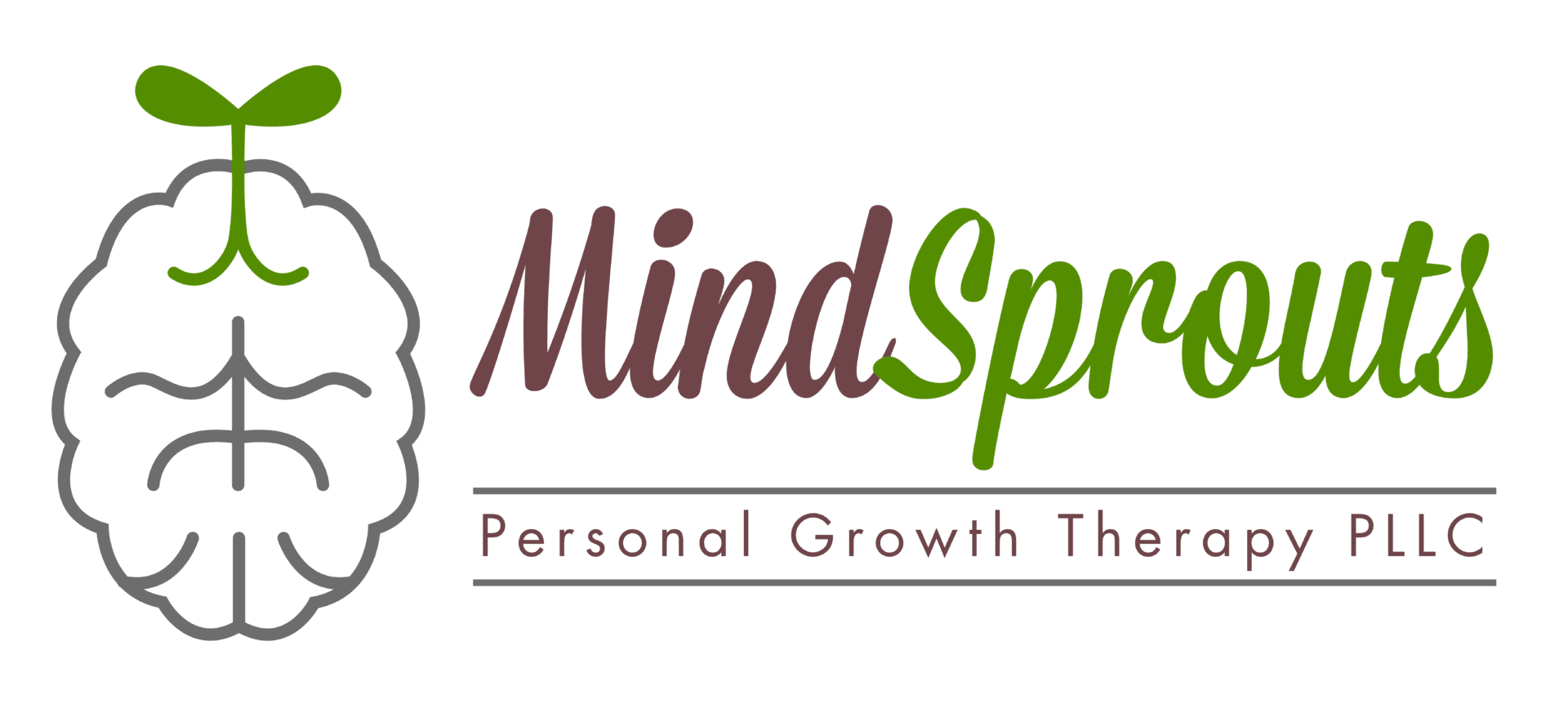Addiction Treatment
Is An Addiction Taking Over Your Life?
Are you or a loved one struggling with drugs, alcohol, sex, pornography, or another form of addiction? Has the addiction worsened over time, perhaps to the point that it now feels out of control and creates relationship, work, legal, financial, or health issues? Maybe you feel guilty, powerless, and helpless, especially if you can’t seem to stop or even cut back your use. Or, maybe you are still able to function and maintain your life, but are not fully engaged in relationships and the people around you have expressed concern about your erratic or abnormal behavior. Has your addiction kept you from reaching your potential or caused you to miss out on important events in your life and the lives of loved ones? Do you want to experience improved functioning and mental clarity, engage in healthy relationships, and live a happy, empowered life free from addiction?
Struggling with an addiction of any kind can be a shameful, stressful, and frustrating experience. You may still be functioning fairly normally, but have begun to wonder—especially if you’re susceptible to triggers, mood swings, or cravings—if your use has turned into abuse or even addiction. Or, you may believe that you have a problem, especially if you are dealing with grave consequences that were perpetuated because of your use, but feel trapped in a cycle of self-sabotage. Perhaps others are expressing concerns over what you suspect, but you may not yet be willing to admit, and you feel confused and uncertain. Whether you are worried about yourself or someone you love, you may vacillate between feelings of denial and feelings of fear and hopelessness. Losses or potential losses, feelings of powerlessness, or general concern may have you wondering if you or a loved one need addiction treatment.
Addiction Is Becoming Increasingly Common In Our Culture
Addiction comes in many forms. While some people form an addiction to substances, such as alcohol, drugs, or prescription medications, others develop addictions to certain behaviors like sex, work, viewing pornography, eating, shopping, gambling, or gaming. Addictions develop for a variety of reasons, and in today’s society, attitudes toward certain substances and activities can make addictions difficult to recognize. Alcohol is socially acceptable in most circles. Marijuana has been approved in many states for medical use and is legal for recreational use in several states, such as Colorado. Prescription drug use is also on the rise, and addictions can form when people with prescriptions use medications to mitigate pain, as well as when users seek certain medications out for recreational use. Outside of substances, working 60-90 hours a week is deemed normal in some professions, sexual images flood our media, technology dominates many people’s lives, and activities like shopping, gambling, and gaming are becoming national pastimes.
Generally, people gravitate toward substances or certain behaviors as a means to relax or cope with stress or pain. Engaging in certain activities makes them feel better and can provide temporary distraction from real issues. Many people, especially those with a trauma history, use these types of avoidance strategies. And, in cases of sex addiction and/or drug or alcohol dependence, there is often a history of sexual abuse. Other people may have a biological propensity to develop addiction, and we often see addiction passed on throughout generations of families. Furthermore, some addictions occur in normal human processes, such as eating (eating disorders), sexual activities (impulsive disorders), or engaging in relationships (co-dependency).
The good news is that regardless of the type of addiction you or your loved one may be struggling with, there is help and hope for addiction recovery. An experienced, skilled, and compassionate therapist can offer you support and guidance as you work through core issues, learn how to manage cravings, and begin living a more thoughtful and empowered life.
Addiction Counseling Can Help You Reclaim Your Life
Whether you or a loved one is in denial, fears admitting an addiction, wonders if there is a problem, or identifies as an addict, addiction treatment can help. While recidivism rates are high with addiction, motivation and a willingness to engage in counseling can help with addiction recovery. In addiction counseling, you can learn from potential relapses (should they occur), and develop skills to manage cravings and triggers, which can go a long way toward healing, relief, and recovery.
In safe, confidential, and nonjudgmental addiction treatment sessions, I can help you identify the core issue(s) that are fueling your addiction. Addictions are almost always symptomatic of a different, deeper issue—usually unresolved trauma, family of origin difficulties, and/or issues related to perception of self. As we uncover the source of your pain, I can help you learn ways to tolerate difficult emotions, work through feelings as they come up, and cope with triggers and cravings. We can also challenge any negative beliefs you hold about yourself, explore your strengths, and work toward healthy emotional regulation.
I understand that everyone is unique, which is why we will work collaboratively to develop a treatment plan that best supports and addresses your personality, history, values, needs, and therapy goals. We will consider all aspects of your life and include a relapse prevention and support strategy as part of your therapy plan. While I understand and support a 12-step approach, I acknowledge that it is not for everybody and is certainly not the only route to recovery. There are many tips and tools that you can practice in sessions and use in the moments that triggers and difficult feelings arise. The more you practice these tools, the more awareness you will build, and the more accessible your skills will be in the moments that you need them.
I believe in taking a compassionate, yet practical approach to addiction recovery. While we will set you up to avoid relapse, I also understand that you may not be ready to quit completely, in which case we can devise a strategy to help you build awareness around your use and explore ways to cut back. If you are ready to quit but then relapse, I can help you put on the brakes, learn what you can from the relapse, and get back on track. While recovering from addiction is challenging and takes work, it is possible. With a willingness to engage in the addiction treatment process, you can change your life. You can grow in your relationships; achieve your goals; feel better mentally, emotionally, and physically; and determine how you want your life to be.
You still may have questions or concerns about addiction treatment and recovery…
I’m not sure if I’m dealing with an addiction or if I need treatment.
Given the acceptance of certain substances and behaviors in our culture, it can be difficult to determine if use has turned into abuse or addiction. If you are questioning if you have an addiction, a qualified therapist can help you gain clarity and determine if a problem exists. Furthermore, if you are suffering legal, financial, relationship, or career consequences as a result of your use, I strongly urge you to seek out an addiction assessment. I can help assess your history, background, use, and issues, and make recommendations.
I worried about someone I love, but he or she is in total denial. What can I do to help?
Many people struggling with addiction do not see themselves as addicts and fear admitting they have a problem and seeking help. Unfortunately, as use increases over time, problems inevitably develop. It’s important to understand, no matter how painful it might be, that you are not responsible for your loved one’s choices or behaviors. I suggest that you express your concerns to this person and recommend that he or she seek treatment or, at least, an addiction assessment with a qualified therapist to determine if a problem exists. You might also consider therapy for yourself. An experienced therapist can offer you support and guidance when a loved one is in the midst of addiction.
I’ve heard that addiction treatment can be expensive and take a long time.
If you are dealing with an addiction, it is difficult to quit or even cut back without help. While addiction counseling does require time and a financial investment, it can lead to improved functioning, health and wellbeing. Furthermore, there are resources available at low cost and no cost that can support you in your recovery. If cost is an issue, call my office to receive referrals and discuss options. If you think you need treatment, I urge you to listen to yourself and seek some form of help.
You Can Reclaim Your Life
With determination, perseverance, and willingness, it is possible to overcome addiction and live an empowered, healthy life. If you’re ready to embark on a path to recovery, I invite you to send me a message through the secure Contact form. I can answer questions you may have about addiction treatment and my practice.



